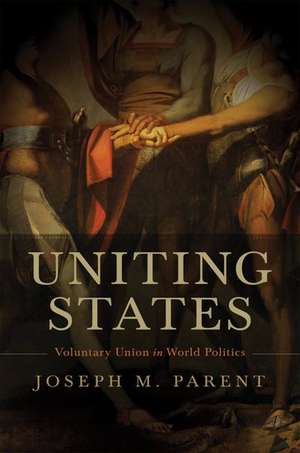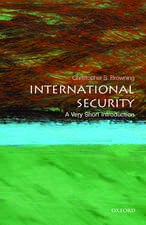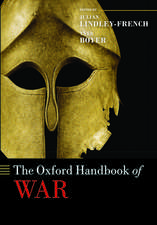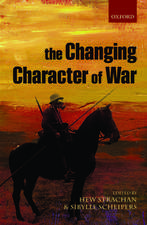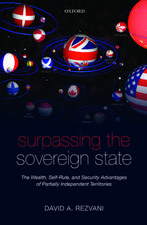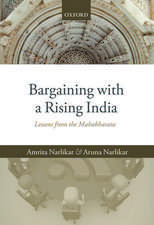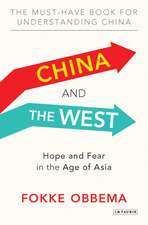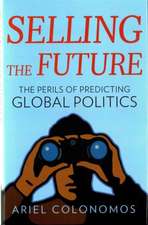Uniting States: Voluntary Union in World Politics
Autor Joseph Parenten Limba Engleză Paperback – 13 oct 2011
Preț: 276.36 lei
Preț vechi: 306.85 lei
-10% Nou
Puncte Express: 415
Preț estimativ în valută:
52.88€ • 55.47$ • 44.02£
52.88€ • 55.47$ • 44.02£
Carte tipărită la comandă
Livrare economică 21-27 martie
Preluare comenzi: 021 569.72.76
Specificații
ISBN-13: 9780199782208
ISBN-10: 0199782202
Pagini: 256
Dimensiuni: 231 x 155 x 20 mm
Greutate: 0.4 kg
Editura: Oxford University Press
Colecția OUP USA
Locul publicării:New York, United States
ISBN-10: 0199782202
Pagini: 256
Dimensiuni: 231 x 155 x 20 mm
Greutate: 0.4 kg
Editura: Oxford University Press
Colecția OUP USA
Locul publicării:New York, United States
Recenzii
How do little states become big ones? The question is rarely asked and never answered with the compelling logic and the wealth of cases that Joe Parent displays. A dazzling accomplishment and a joy to read.
In this engagingly written and compellingly argued book, Joseph Parent shows us why states will sometimes voluntarily yield up their sovereignty to create a larger political union and why they may subsequently seize it back. Uniting States is a treat to read.
Why do some states choose a more perfect union, while others jealously guard their sovereignty? Writing with theoretical clarity and impressive historical breadth, Joseph Parent's Uniting States shatters the myth that unity is born from common culture, increasing communication, and deep economic ties. Unity is instead a shotgun marriage-states come together, not for love or profit, but in fear of international threats. At a time when the globe appears ever more unified, Uniting States provides a cautionary and significant critique to our understanding of world politics.
Euroskeptics take note: history shows that the key to the viability of federal unions is a common threat. Joe Parent compellingly demonstrates the continuing vitality of realist analysis of the big questions in world politics.
In this engagingly written and compellingly argued book, Joseph Parent shows us why states will sometimes voluntarily yield up their sovereignty to create a larger political union and why they may subsequently seize it back. Uniting States is a treat to read.
Why do some states choose a more perfect union, while others jealously guard their sovereignty? Writing with theoretical clarity and impressive historical breadth, Joseph Parent's Uniting States shatters the myth that unity is born from common culture, increasing communication, and deep economic ties. Unity is instead a shotgun marriage-states come together, not for love or profit, but in fear of international threats. At a time when the globe appears ever more unified, Uniting States provides a cautionary and significant critique to our understanding of world politics.
Euroskeptics take note: history shows that the key to the viability of federal unions is a common threat. Joe Parent compellingly demonstrates the continuing vitality of realist analysis of the big questions in world politics.
Notă biografică
Assistant Professor of Political Science, University of Miami
